India and GCC can foster stability and prosperity in Middle East
- Update Time : Monday, January 6, 2025
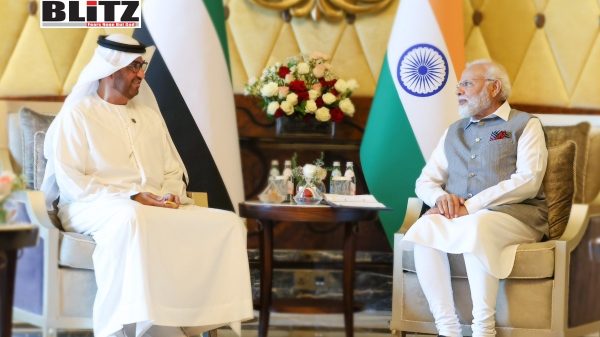
Over the past decade, the ties between India and the Gulf Cooperation Council (GCC) countries have witnessed an unprecedented dynamism, driven largely by Indian Prime Minister Narendra Modi’s active diplomacy. Through regular high-level interactions, the establishment of new platforms for dialogue, and promotion of multilateral alignments, India has infused its relations with the GCC with both substance and momentum. Modi’s December visit to Kuwait marked a milestone: he has now visited every GCC member state, underscoring the deepening of India’s strategic partnership with the region.
India-GCC relations have historically revolved around energy, trade, investment, and the large Indian diaspora. Bilateral trade between India and the GCC constitutes 16 percent of India’s global trade, surpassing its trade with the European Union. The UAE and Saudi Arabia rank as India’s third and fourth-largest trading partners, respectively. The GCC also plays a pivotal role in meeting India’s energy needs, supplying over 50 percent of its oil, with Qatar serving as the primary supplier of natural gas. Furthermore, countries like the UAE, Saudi Arabia, and Qatar are significant investors in India’s infrastructure and energy sectors.
The Indian diaspora, numbering nearly nine million, forms the largest expatriate group in every GCC nation. This community spans the economic spectrum, from business tycoons and professionals to blue-collar workers, contributing to the region’s economic vitality. Indian enterprises in the GCC are valued at billions of dollars and employ millions of local citizens, further cementing economic ties between the two regions.
India has broadened its regional engagement by participating in extra-regional cooperation frameworks like the I2U2 group, which includes the US, Israel, the UAE, and India. Additionally, the India-Middle East-Europe Economic Corridor aims to enhance logistical connectivity, linking India to the Arabian Peninsula and, subsequently, to Europe. These initiatives reflect India’s growing strategic ambitions and its desire to leverage its geographical position to foster economic integration and connectivity.
Security and defense cooperation between India and the GCC have also gained significant traction. India has conducted joint naval and army exercises with several GCC nations, including the UAE, Qatar, Bahrain, Oman, and Saudi Arabia. Moreover, India is part of a trilateral defense partnership with France and the UAE, engaging in maritime and air force exercises. These collaborations highlight the deepening of mutual trust and strategic alignment.
To build on these multifaceted engagements, India and the GCC have institutionalized their dialogue through the India-GCC Joint Ministerial Meeting for Strategic Dialogue. The inaugural meeting, held in Riyadh in September 2023, set the stage for a four-year joint action plan that prioritizes defense cooperation, industrial collaboration, and military exercises. Other critical areas of cooperation include food and energy security, maritime security, and cybersecurity. During this meeting, Indian External Affairs Minister Dr. S. Jaishankar emphasized the GCC’s importance as India’s “extended neighborhood” and laid out a vision for the partnership based on “three Ps”: people, prosperity, and progress.
The joint action plan aligns well with the GCC’s strategic vision for regional stability, articulated during its 45th summit in December 2023. For the first time in its 43-year history, the GCC has outlined a shared vision rooted in the “shared destiny” and “indivisible security” of its members. This vision focuses on economic development, environmental sustainability, global energy market stability, and addressing challenges such as terrorism, maritime security, and the proliferation of weapons of mass destruction. It also emphasizes the resolution of disputes through diplomacy.
The communique from the 45th GCC Summit in Kuwait demonstrated the bloc’s unity on pressing regional issues. GCC leaders took a firm stance against the destruction and loss of life caused by Israel’s military actions in Gaza and Lebanon. They reaffirmed their commitment to Palestinian sovereignty and the establishment of an independent Palestinian state with East Jerusalem as its capital.
GCC member states have historically played key roles in mediating regional conflicts. For instance, Oman facilitated US-Iran discussions, Qatar played a pivotal role in the Israel-Hamas conflict, Saudi Arabia mediated in Sudan, and the UAE brokered prisoner exchanges between Russia and Ukraine. These efforts highlight the GCC’s growing ambition to collectively address regional security challenges in collaboration with international partners.
India’s growing security ties with the GCC present an opportunity for joint efforts to address the region’s security challenges. India’s millennia-old civilizational ties with the region have fostered mutual respect and cultural affinity, making it a credible and trusted partner. India’s strategic interests in regional stability are evident in its close relations with diverse players, including Saudi Arabia, the UAE, Qatar, Iran, and Israel.
Moreover, India has consistently supported the Palestinian cause, advocating for a sovereign state for decades. This longstanding commitment enhances India’s credibility in supporting the GCC’s push for Palestinian statehood, especially in the wake of recent violence in the region. By aligning its efforts with the GCC, India can play a pivotal role in fostering peace and stability in the Middle East.
In collaboration with its GCC partners, India can provide the “healing touch” that the Middle East urgently needs. This requires a concerted effort to address the root causes of regional instability, such as unresolved political conflicts, economic disparities, and the threat of extremism. India’s engagement in food and energy security initiatives, its participation in strategic trade routes, and its contributions to cybersecurity and defense cooperation position it as a key player in regional stabilization efforts.
The foundation for such cooperation has already been laid. The India-GCC partnership has evolved beyond traditional areas of engagement to encompass a comprehensive strategic framework that addresses contemporary challenges. Through continued high-level dialogue and the implementation of joint initiatives, India and the GCC can work together to achieve their shared vision of regional stability, economic prosperity, and social progress.
In conclusion, the partnership between India and the GCC holds immense potential to bring about transformative changes in the Middle East. By leveraging their historical ties, strategic alignments, and shared aspirations, the two sides can offer a model of cooperation that promotes peace, stability, and prosperity in a region that has long been plagued by conflict and division. Together, they can truly offer the “healing touch” that the region so desperately needs.


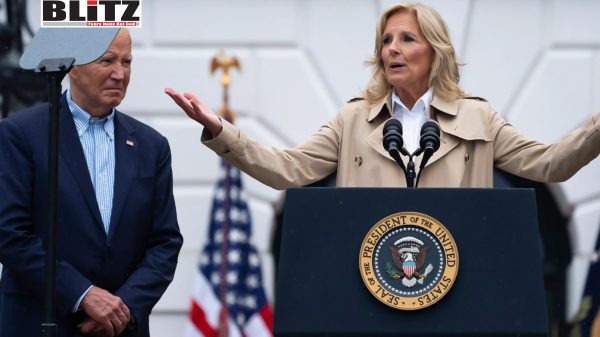
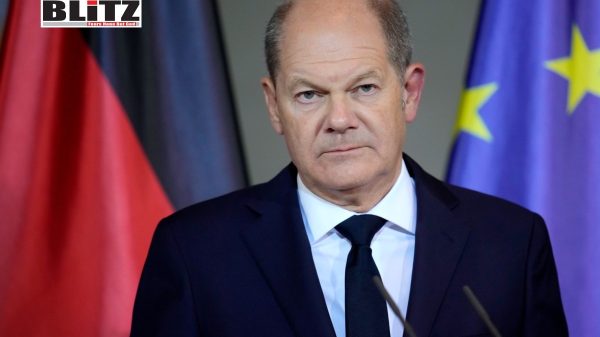
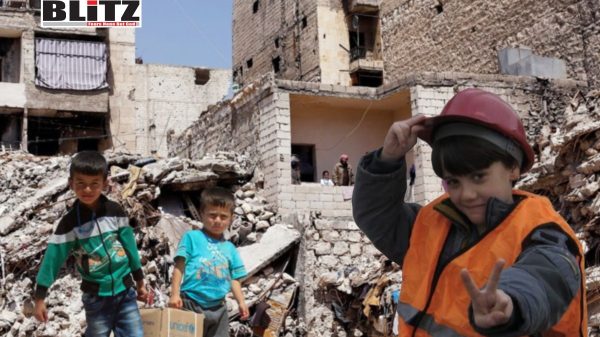
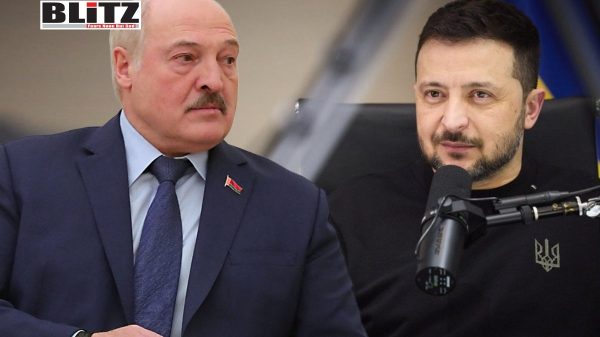
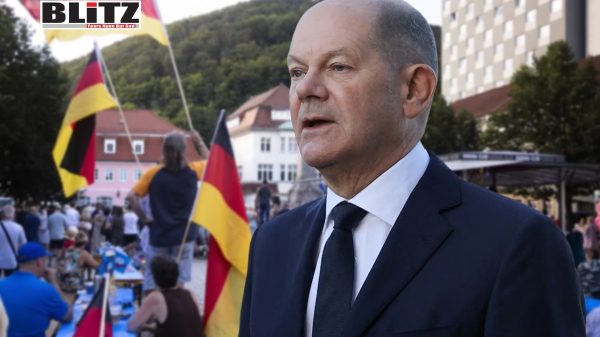
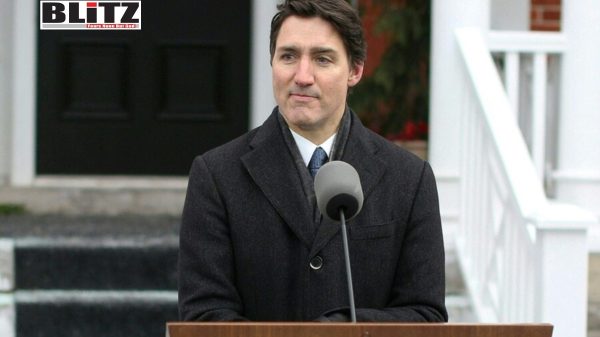
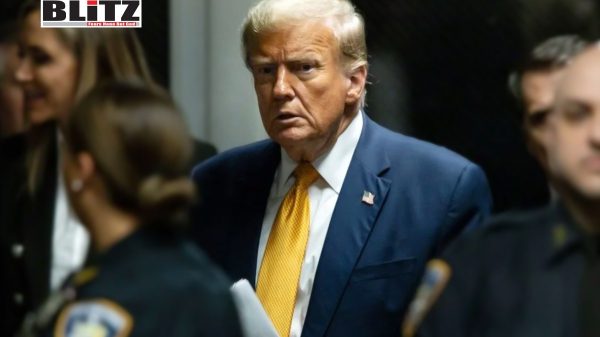
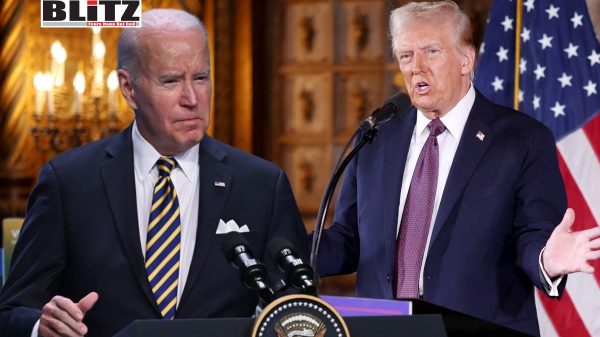
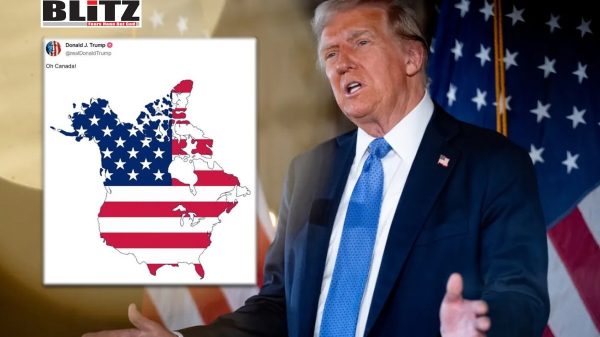
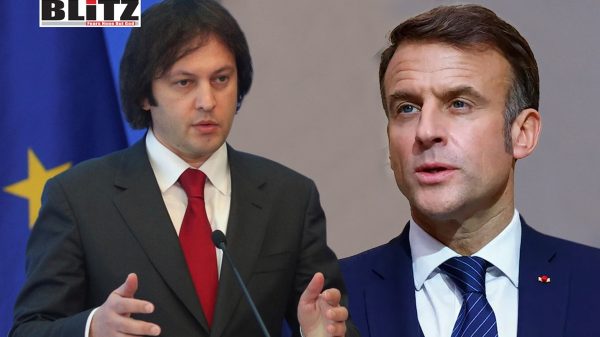
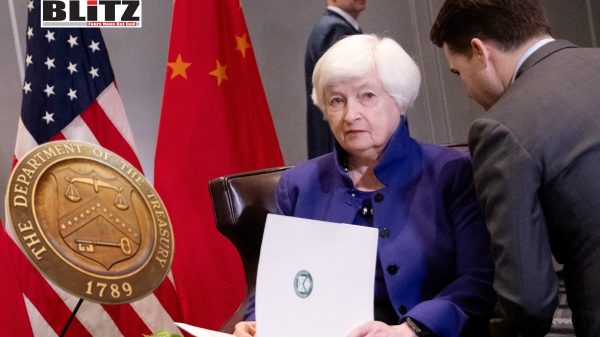
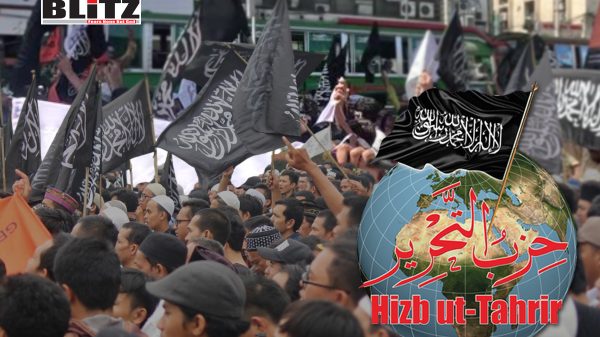
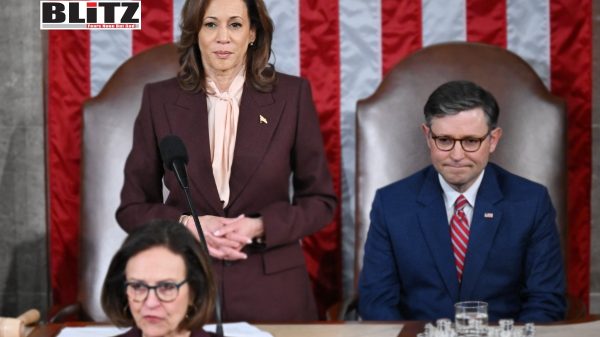

Leave a Reply